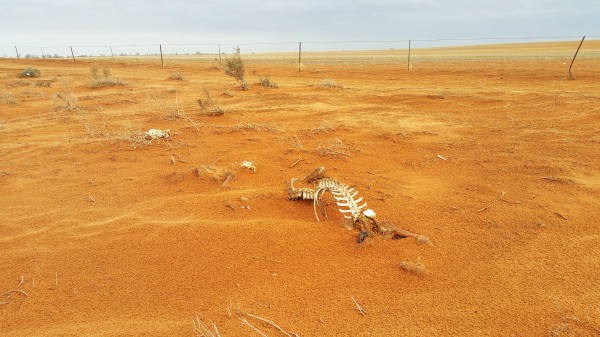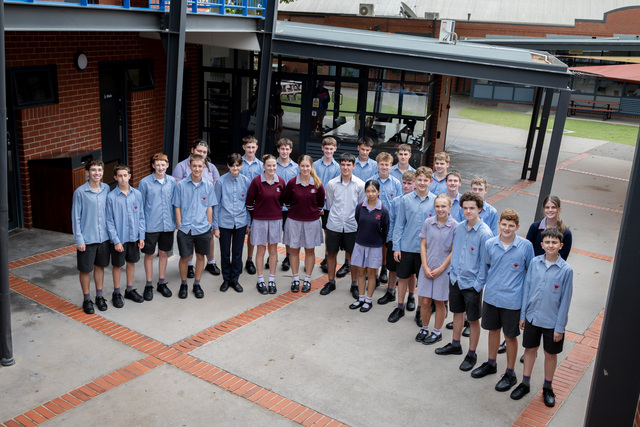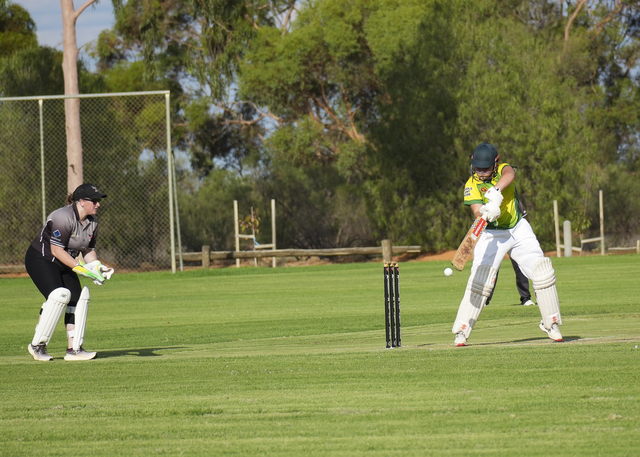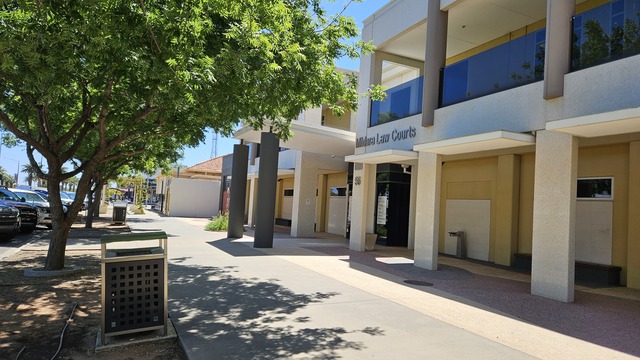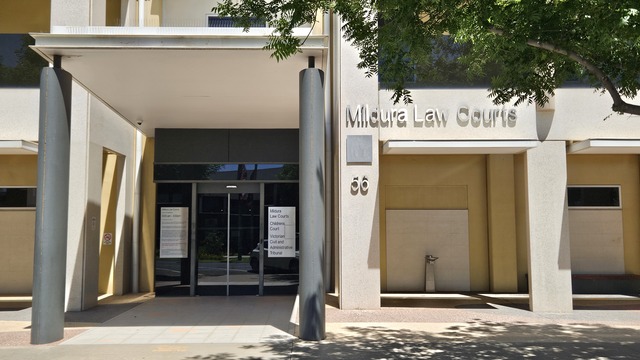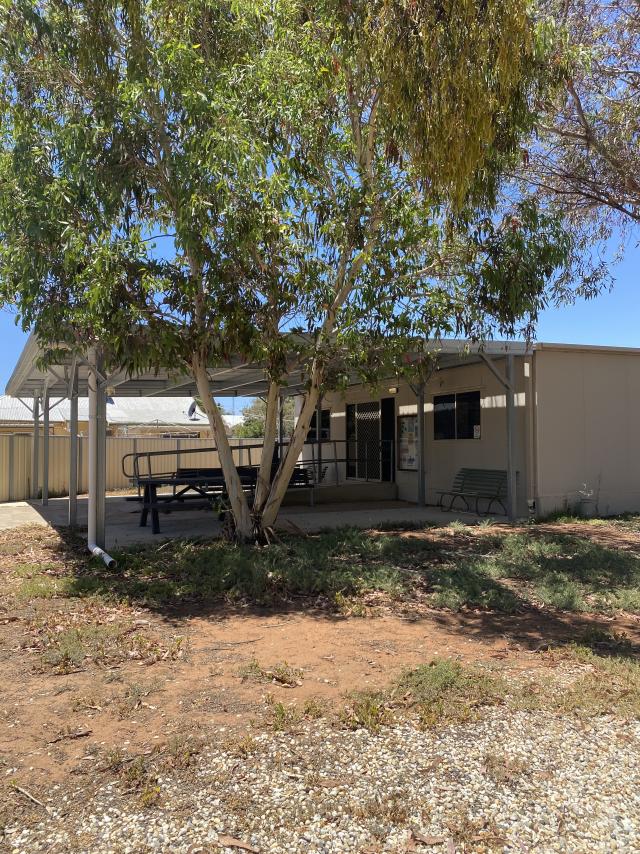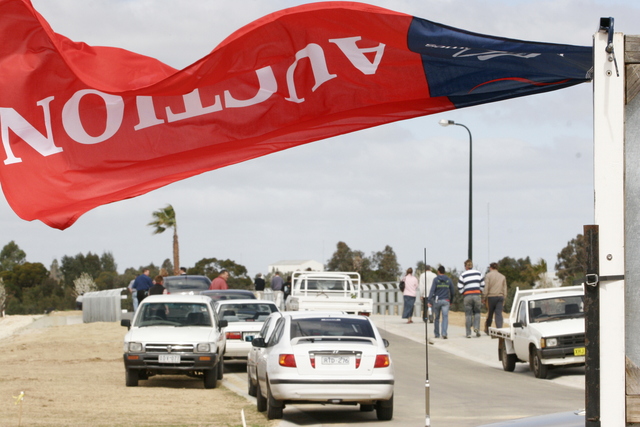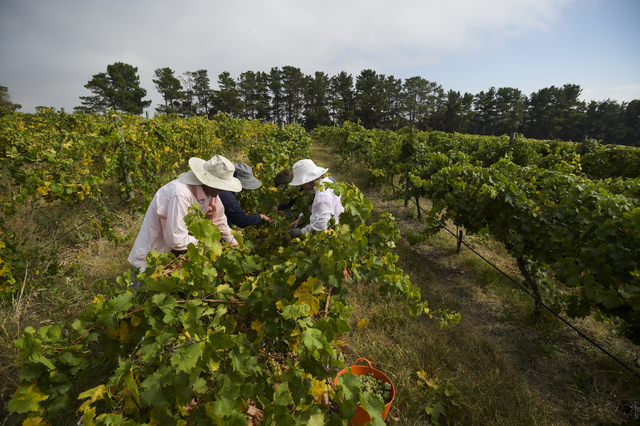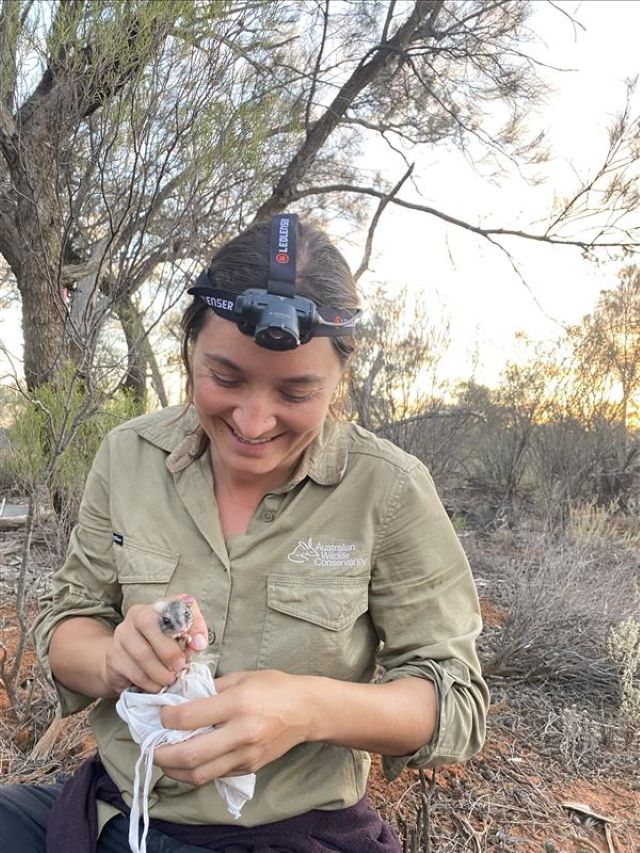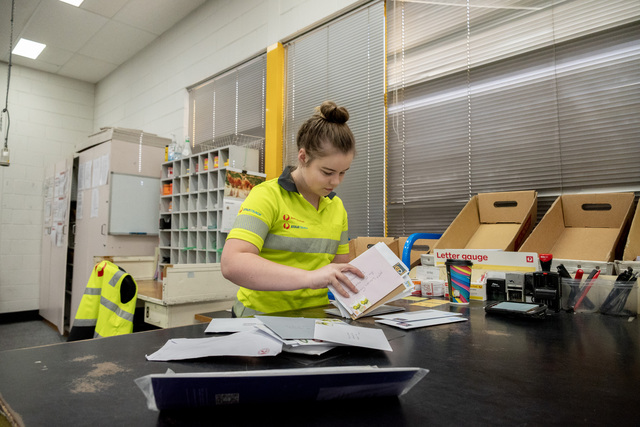THE Federal Government has promised an extra $2 million to boost the Rural Financial Counselling Service in the face of the drought across southern Australia.
However, Member for Mildura Anne Webster is demanding Canberra revive interest-free loans for farmers through the Regional Investment Corporation.
But only Victorian Premier Jacinta Allan has managed to create a bipartisan strategy to tackle the drought which is crippling a growing slice of the state.
Her drought response taskforce will be in Western Victoria on Friday meeting with industry leaders to begin mapping a pathway to recovery.
The Premier’s taskforce includes several government ministers, senior Nationals MP Peter Walsh, Victorian Farmers Federation president Brett Hosking, council representatives, the Hamilton-based National Centre for Farmer Health, the CWA, banks and farm services agencies.
Ms Allan said her new and expanded drought package will be supported by an additional $37.7 million in funding to ensure farmers can access grants of up to $5000 to support on-farm drought management improvements, in addition to financial counselling and mental health support.
She said because of the ongoing impact of drought, these payments will be increased to $10,000 across the worst hit areas.
The program will also be expanded to cover water carting activities and pasture re-establishment, and Agriculture Victoria’s farm technical and decision-making support has also been made available statewide, supporting farmers to manage the impacts of these increasingly drier conditions.
At the same time, the Victorian Government has temporarily wound back its controversial emergency services levy for farmers, which has seen repeated mass protests in front of state parliament and across Victoria.
Dr Webster said farmers across Australia have been simultaneously devastated by drought and floods and said in 2020 the Coalition introduced a two-year interest free period for loans up to $2 million for farmers experiencing hardship during the drought, not just $2 million for financial counselling spread across the whole country.
“The zero per cent interest rate applied to new and existing drought loans, and to refinance existing debt from a farmer’s commercial bank,” Dr Webster added.
“It was a serious move to give farmers some breathing space, saving them cashflow and giving them time to restock and replant.
“Here was an initiative which stopped a lot of farms from going bankrupt. It is clear recent rain and drought events are really hurting farmers, which is why I am calling on Labor to revisit this RIC loan product.”
The Nationals leader and Deputy Opposition leader David Littleproud has also written to Agriculture Minister Julie Collins, requesting support for the thousands of farmers dealing with floods and drought.
Dr Webster said current assistance doesn’t go far enough and farmers would get much-needed support by having access to a $2 million loan with an initial two-year interest free period, then three years of interest only, and finally five years principal and interest.”
Federal Agriculture Minister Julie Collins said her government’s extra $2 million for the RFCS is in addition to the $800,000 committed last week for RFCS providers in Victoria and South Australia – the two worst drought-hit states.
She added the Federal Government will stage its national drought forum in SA this year as an acknowledgement of the impact drought is having on farmers and rural communities in southern Australia.
However, Ms Collins would not commit yet to reactivating large-scale, low interest, and interest deferred loans.
She said the RIC option has been raised with her and with the Federal Government but added she was still assessing whether anything on that scale would be possible.
“We will have a listen, we will go back and have a look at that, about whether or not it is possible,” Ms Collins said, referring to responses she made to South Australian media last week.
“I don’t want to rule anything in or out at this point; this is about actually listening, and listening carefully, to the impact of what supports are available and what additional support may be needed, and what we might need to do in terms of the existing support.
“So, I’m here to listen and I’m taking this incredibly seriously. We understand this is really impacting people. When I go out and I’m on farm and I listen to people, and I listen to their stories, I’m taking in what they’re saying to me.
“I’m talking to them about, you know, if we did this, if we did that. Obviously, the Federal Government can’t make it rain, but what we can do is support people through this difficult period.”

